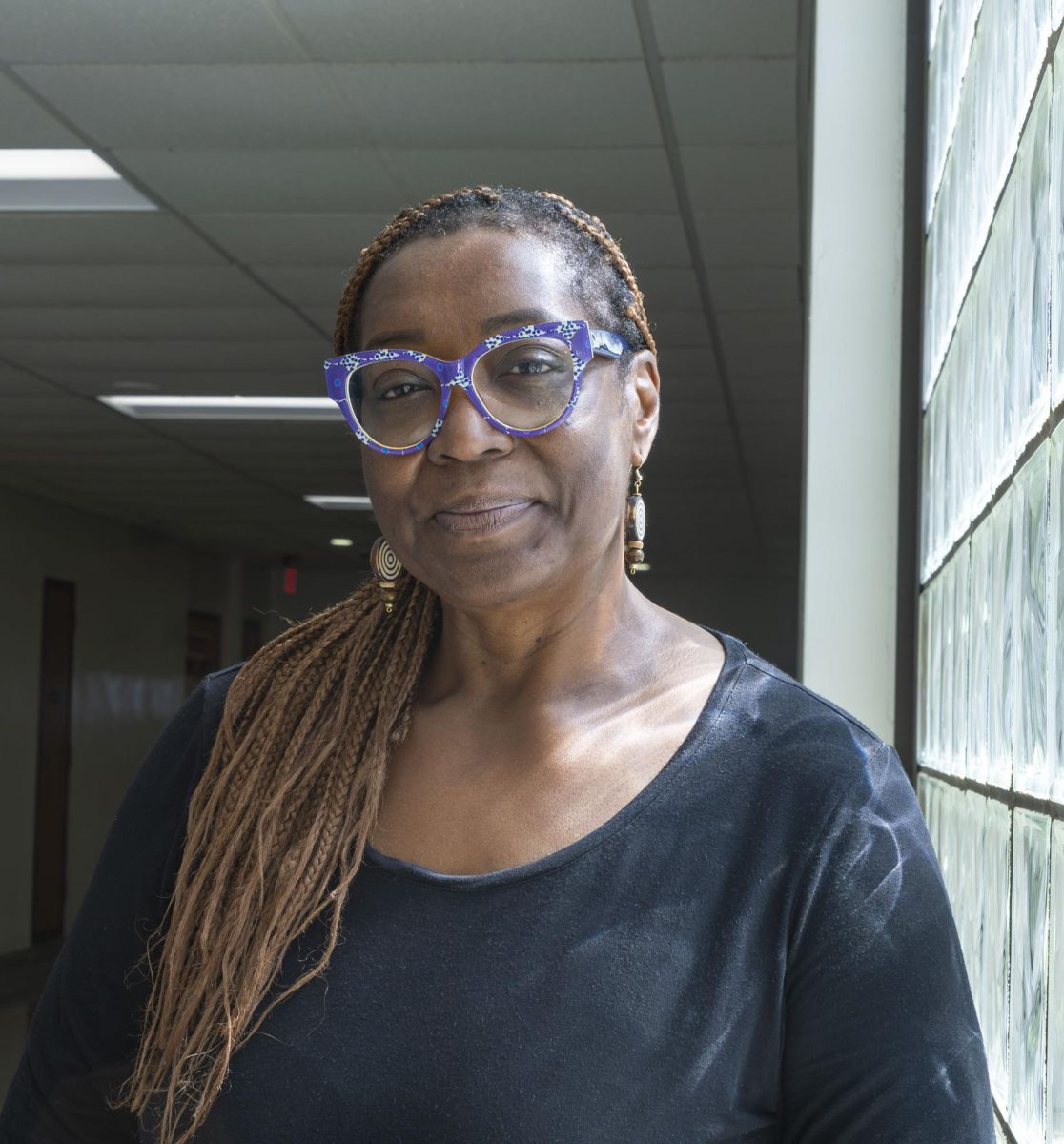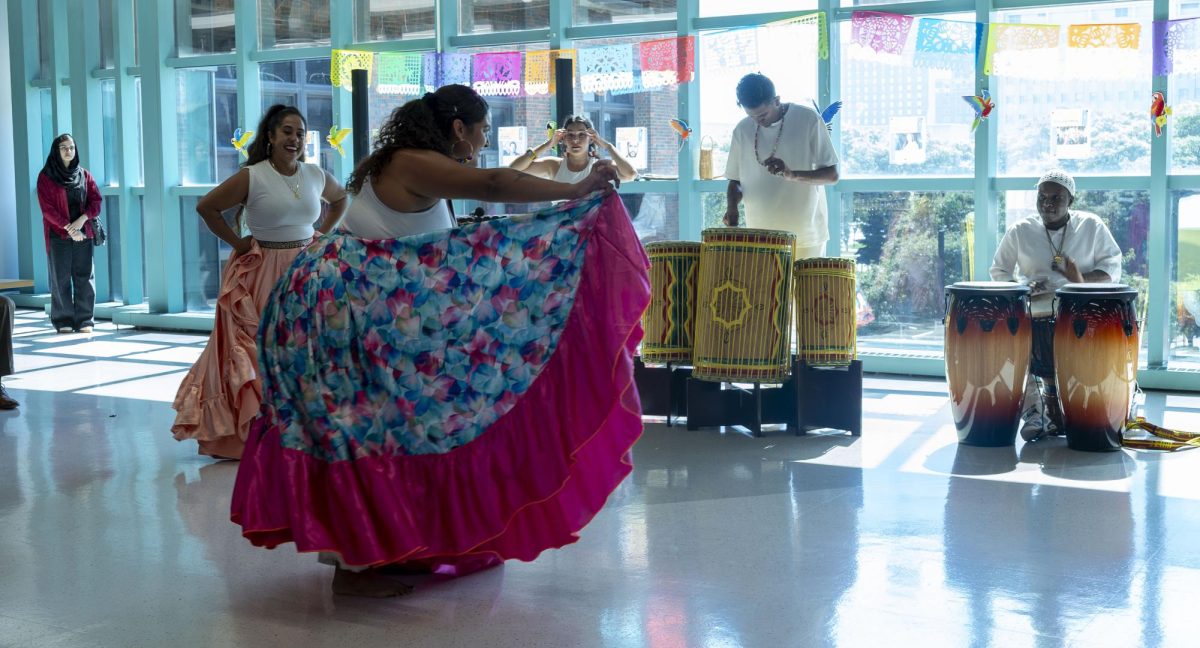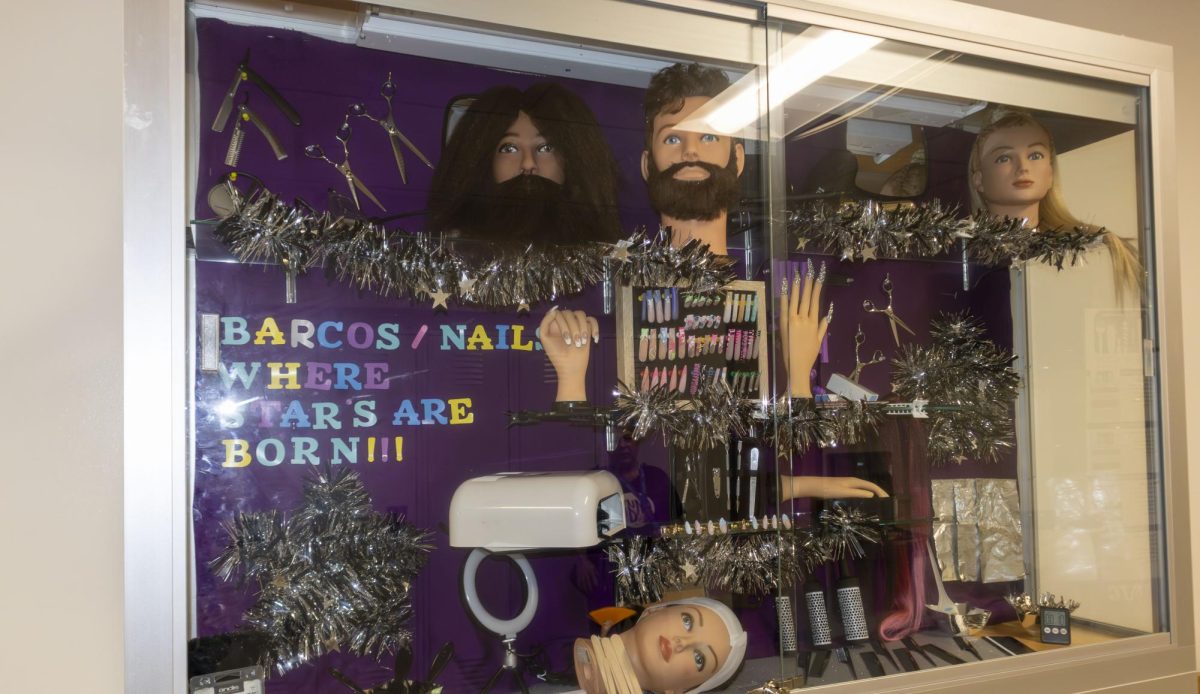Video Interview Coming Soon
Roughly 100,000 people in the U.S. live with sickle cell disease. Most cases of the disease come from Africa, where 80 million of the 120 million cases worldwide are reported. Most patients in the U.S. and U.K. are of African descent. Sickle cell disease changes the shape of red blood cells from their normal round structure to a crescent-like form. It can disrupt blood flow and deprive tissues and organs of oxygen-rich blood for daily functions.
What does this have to do with Black History Month? With MATC’s recent blood drive, there was a push for more donors of color, specifically African American donors. The science of blood transfusions is complicated, but the Red Cross makes it a little easier to understand. “Individuals who are Black often have unique antigens on their red blood cells that must be closely matched for patients with sickle disease (SCD).” One in ten African Americans will be diagnosed with sickle cell disease in their lifetime, and blood transfusions can be life-saving. Patients with SCD need transfusions to increase the amount of oxygen-rich blood in the body and to reduce the proportion of misshapen blood cells relative to healthy blood cells to prevent and reverse complications caused by clotting.
MATC Alumnae Stardá Kelly recently visited MATC to chat with Dr. Josie Veal, MATC public health officer, about the importance of blood donation. The whole story will be available in the next edition of the Times.




























































